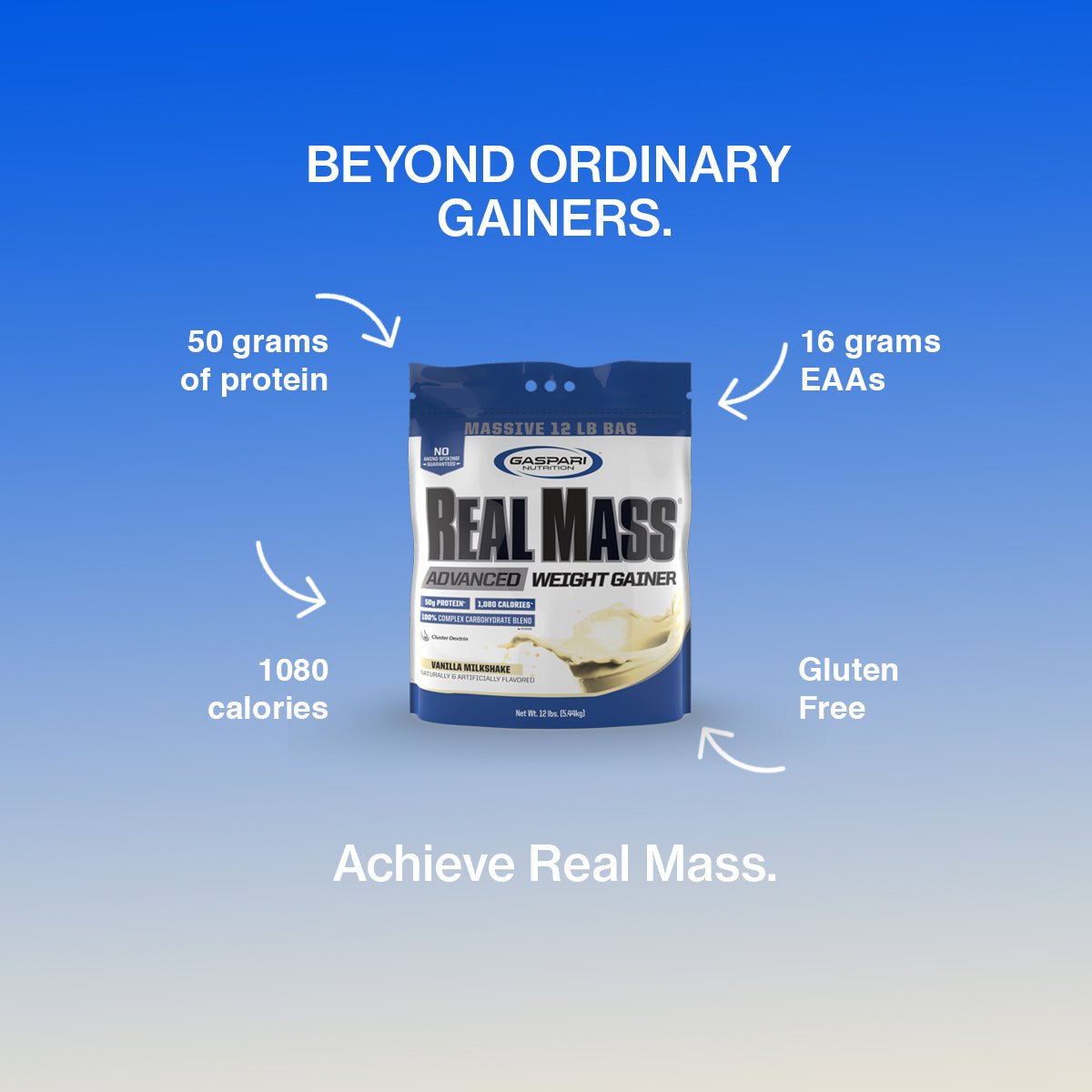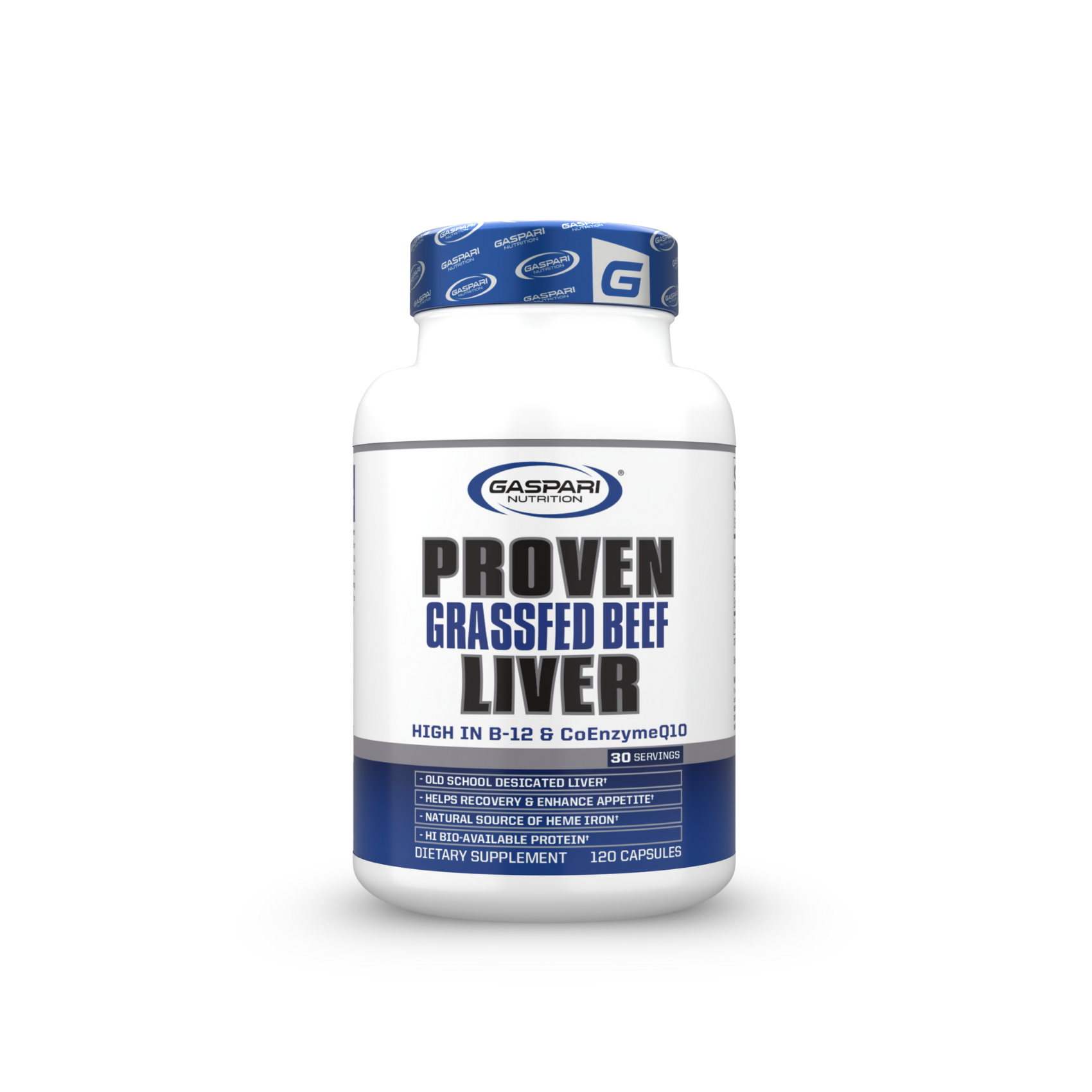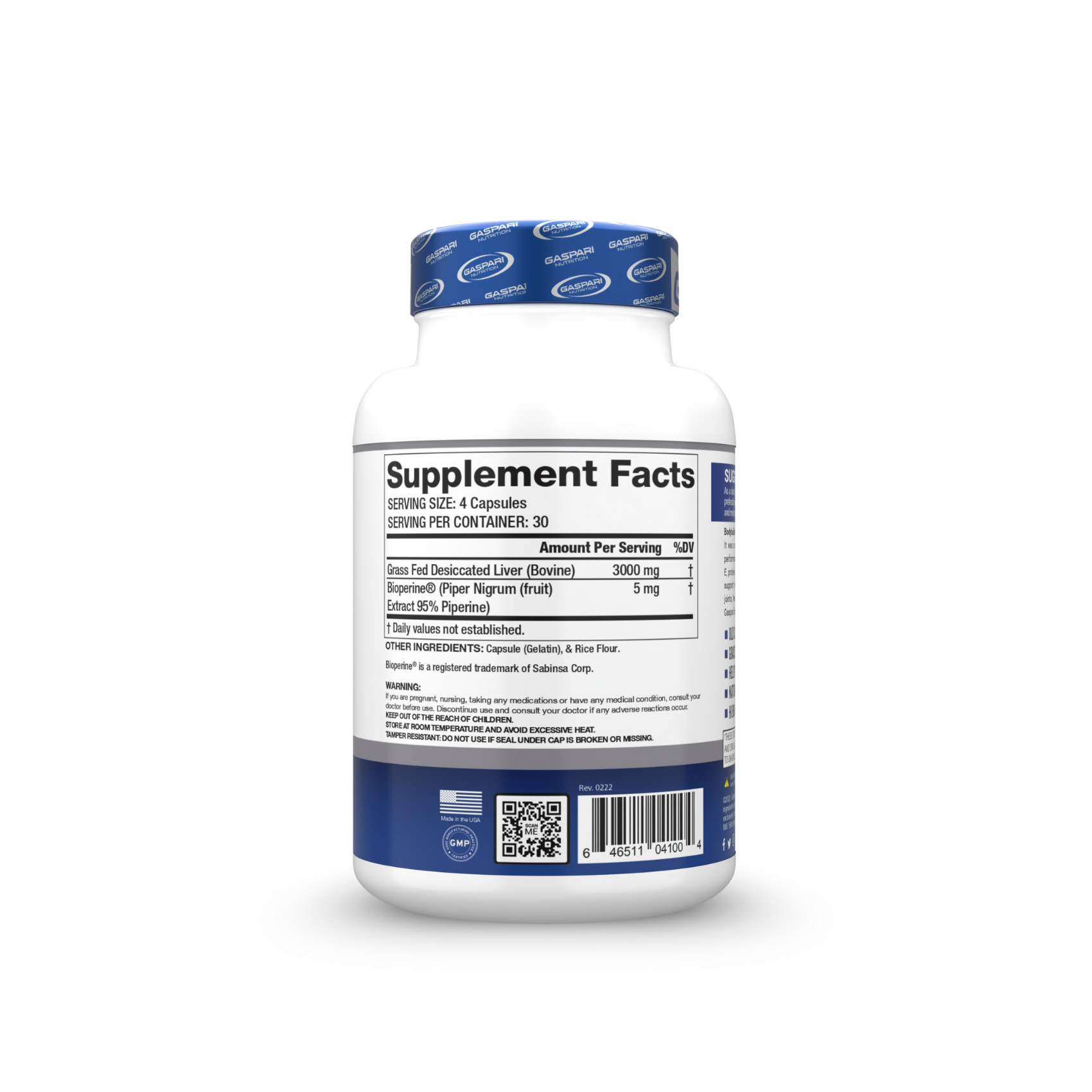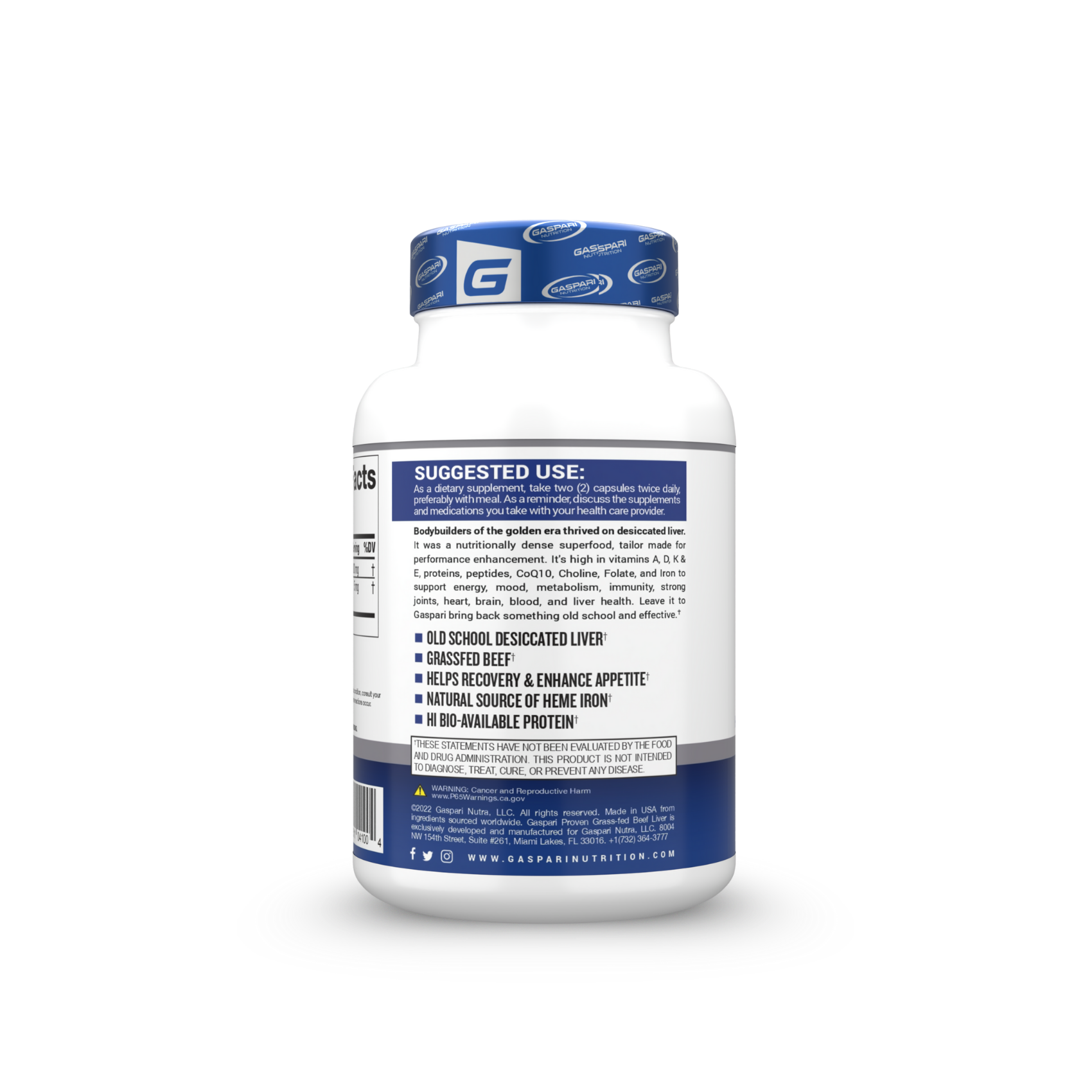Think You’re Using Protein Powder Correctly?
Protein powder is one of the most widely used supplements among fitness enthusiasts, athletes, and even casual gym-goers. But while many people consume it regularly, not everyone knows how to use protein powder properly before working out to maximize its benefits.
Using protein powder the right way can help you:
- Build lean muscle
- Enhance workout performance
- Speed up recovery
- Prevent muscle breakdown
Why Use Protein Powder Before a Workout?
Protein isn’t just for post-workout recovery. Consuming protein before exercise plays a critical role in:
Fueling Muscles
Protein provides amino acids, the building blocks of muscle. When consumed before a workout, it helps fuel your muscle fibers, especially during weight training or high-intensity exercise.
Preventing Muscle Breakdown
During exercise, especially in a fasted state, the body can break down muscle protein for energy. A pre-workout protein shake can minimize this catabolism, helping you preserve muscle mass.
Improving Muscle Protein Synthesis
Studies show that pre-workout protein can stimulate muscle protein synthesis (MPS), especially when combined with resistance training. This leads to better muscle repair and growth.

When Should You Take Protein Powder Before a Workout?
Timing is key. The best time to consume protein powder before a workout is:
30 to 60 minutes prior to exercise
This gives your body enough time to:
- Digest the protein
- Absorb amino acids into your bloodstream
- Deliver nutrients to your muscles
Pro Tip: Combine it with a small amount of carbs (like a banana or oats) to enhance energy and amino acid delivery to muscles.
How Much Protein Should You Take Before Working Out?
Your dosage depends on your body weight, goals, and intensity of your workout. A general guideline is:
|
Body Weight |
Recommended Protein Dose |
|
Under 150 lbs |
15–20 grams |
|
150–200 lbs |
20–25 grams |
|
Over 200 lbs |
25–30 grams |
This translates to about 1 scoop of most commercial whey or plant-based protein powders.
Best Types of Protein Powder for Pre-Workout
Not all protein powders are the same. Here are some of the best choices for pre-workout use:
Whey Protein Isolate
- Fast-digesting
- High in BCAAs (Branched-Chain Amino Acids)
- Ideal for quick energy and muscle support
Plant-Based Protein (Pea, Rice, Soy)
- Great for vegans or those with lactose intolerance
- Choose blends that offer a complete amino acid profile
Hydrolyzed Protein
- Pre-digested for faster absorption
- Excellent choice for sensitive stomachs or quick pre-workout fuel
Avoid casein protein pre-workout as it digests slowly and is better suited for nighttime recovery.
Can You Mix Protein Powder with Other Ingredients?
Absolutely! In fact, combining protein powder with the right ingredients can enhance your performance and keep you fuller during workouts.
Smart Combinations for Pre-Workout Shakes:
|
Ingredient |
Benefit |
|
Banana |
Quick-digesting carbs for energy |
|
Oats |
Sustained energy and fiber |
|
Peanut Butter |
Healthy fats to keep you satisfied |
|
Coffee (yes!) |
Natural caffeine boost |
|
Creatine Monohydrate |
Strength and endurance support |
Avoid high-fat dairy or heavy fruits that may slow digestion right before training.
Common Mistakes to Avoid
Using protein powder the wrong way can limit your results. Here are some pitfalls to watch for:
Taking It Too Close to Workout Time
Drinking your shake right before exercise can cause bloating or discomfort.
Skipping Carbs
Protein alone is not enough. Your body needs carbohydrates to fuel your workout and shuttle amino acids into muscles.
Overloading on Protein
Too much protein doesn’t equal better results. Stick to 20–30 grams per serving to avoid kidney stress or fat gain.

Pre-Workout Protein vs. Post-Workout Protein
You might wonder: is pre-workout protein better than post-workout?
The answer: Both are important.
|
Aspect |
Pre-Workout Protein |
Post-Workout Protein |
|
Purpose |
Fuel + prevent breakdown |
Repair + recovery |
|
Timing |
30–60 mins before |
Within 30 mins after |
|
Best Type |
Fast-digesting (Whey) |
Fast-digesting (Whey) |
|
Key Additions |
Carbs for energy |
Carbs for glycogen refill |
Incorporating protein before and after workouts ensures a continuous supply of amino acids for your muscles.
Sample Pre-Workout Protein Shake Recipe
Here’s a quick and delicious shake you can make before hitting the gym:
Banana Coffee Power Shake
- 1 scoop whey isolate
- 1/2 banana
- 1 tsp instant coffee or espresso
- 1 tbsp peanut butter
- 1/2 cup oat milk or water
- Blend and enjoy 30 minutes before training!
Protein powder is more than just a post-workout staple. When used properly before your workout, it can significantly boost your performance, prevent muscle breakdown, and prepare your body for growth and recovery.
Quick Recap:
- Take it 30–60 mins before exercise
- Combine with carbs for best results
- Stick to 20–30 grams per serving
- Choose fast-digesting proteins like whey isolate or plant-based blends
Start using protein powder the right way before your workouts, and you'll begin to see better results—both in how you feel during training and how your body transforms over time.
FAQs: Your Protein Powder Questions, Answered
Q: Can I use protein powder if I’m doing cardio?
Yes! A small serving (15–20g) before cardio can preserve lean muscle mass, especially in longer sessions.
Q: Should I use protein powder if I’m trying to lose weight?
Absolutely. Protein increases satiety, supports fat loss, and helps retain muscle during calorie deficits.
Q: What if I work out in the morning?
Drink a light protein shake (with a banana or coffee) 20–30 minutes before. It fuels you without being too heavy.























































































Share:
Vitamins and Muscle Growth: Essential Nutrients for Strength
The Importance of Warming Up Before Working Out